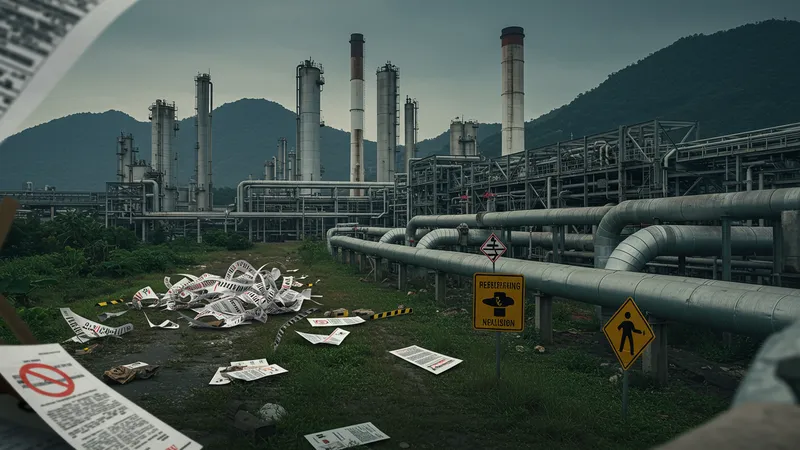
What’s Driving Indonesia’s Anti-Corrosion Market Boom In 2025
Challenges Facing the Anti-Corrosion Market in Indonesia
Despite its fast-paced growth, the Indonesian anti-corrosion market is not without challenges. Industry experts highlight the fragmented regulatory framework as a significant hurdle. The lack of streamlined regulations across regions leads to inconsistent standards and complicates compliance for businesses. This regulatory maze is a pivotal issue that could temper the pace of innovation if left unaddressed. Another layer to this perplexity exists…

Infrastructure limitations, especially in remote areas, affect the timely transportation and delivery of anti-corrosion goods. The high logistics cost undermines competitiveness, posing significant logistics challenges that companies must navigate proactively. This infrastructural bottleneck potentially weakens market expansion efforts, although strategic solutions might offer a breakthrough. There’s another key challenge the market is grappling with…
As Indonesia’s industrial capabilities expand, a skills gap arises in the workforce. The rapid technological evolution demands skilled labor, and bridging this gap through education and training is essential. Addressing this discrepancy could significantly boost productivity and innovation within the sector. Faced with these challenges, proactive responses might redefine the growth trajectory. Yet, the market faces even deeper complexities…
Global competition represents an underlying threat. International players eyeing the market mean Indonesian firms must consistently innovate and offer unique value propositions to maintain their competitive edge. This necessitates continual investment in R&D and adaptation to market demand shifts. The ability of local players to rise to this challenge will dictate the unfolding of Indonesia’s anti-corrosion saga.





